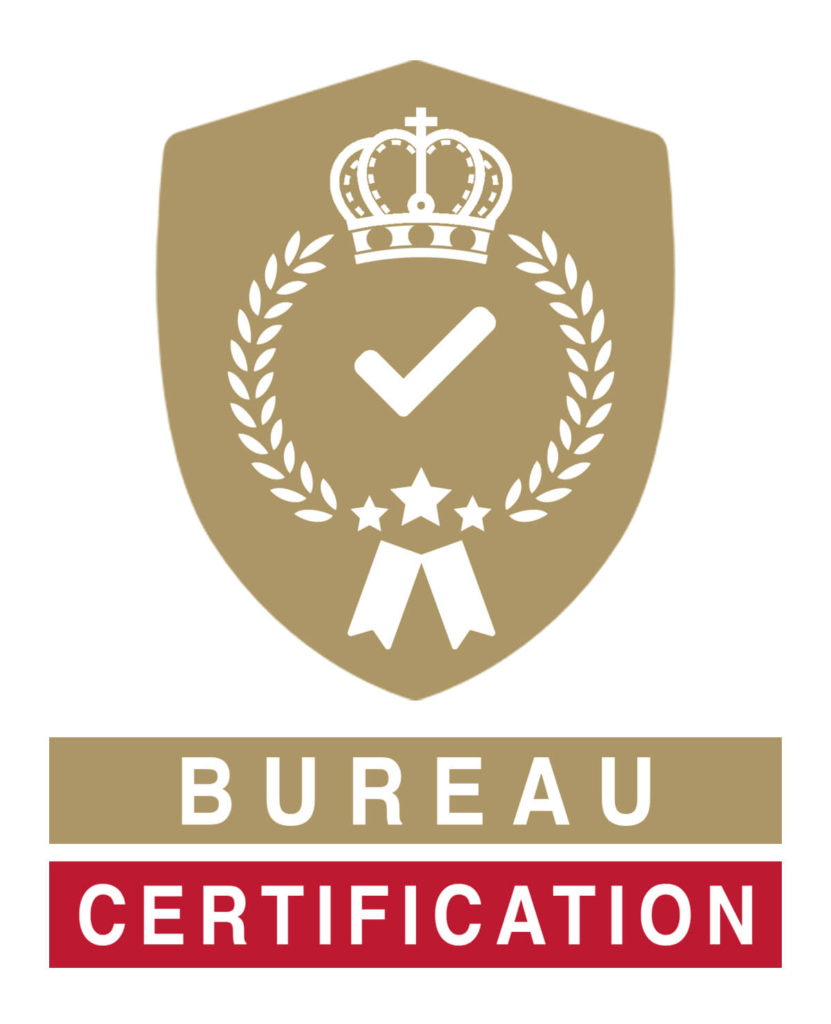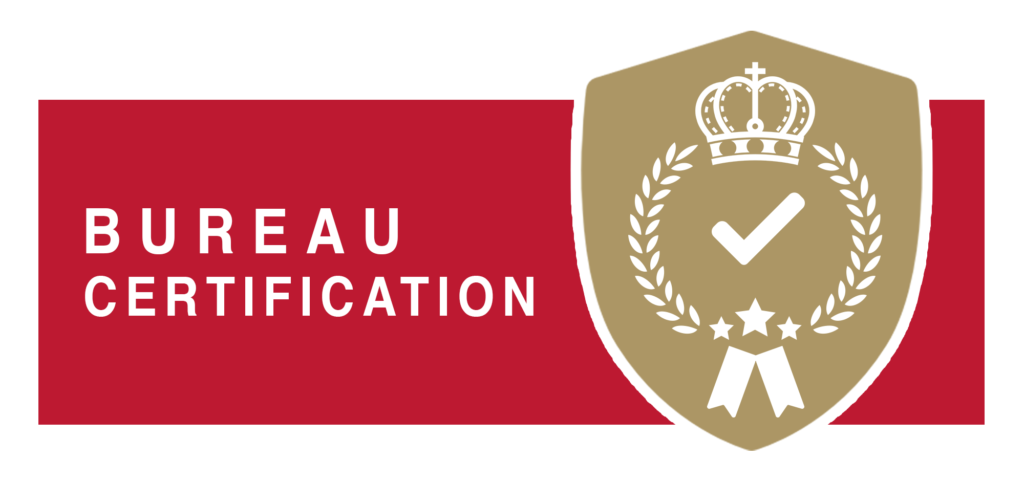The Export business is a very lucrative sector with numerous small and medium companies operating in the sector. There are few large Multi-National Companies too in the export sector, but mostly it is a very fragmented and decentralized sector globally.
The Export sector facilitates the supply chain for a wide range of industry verticals like automotive, food, engineering, and more.
Getting ISO Certification for your export house could add value and raise your brand image globally. It will help you in finding new market opportunities easily and grow your market fast.
Having an Internationally Accredited Certification for the export house will help you gain acceptance fast as a quality first brand in the international markets.
Ideal ISO Standards for your Export Business
ISO 9001:2015 Certification
ISO 9001 Certification provides guidelines and frameworks for building a Quality Management System (QMS).
The QMS Certification will transform your organization’s business processes and daily operations.
It will help businesses to implement continuous improvements and best practices to enhance product quality.
The quality standards will be applicable in all divisions of the company like procurement, operations, sourcing, manufacturing, etc.
Thus, only products, parts, and services that are compliant to international standards would be delivered by the brand.
It in turn results in reducing overhead costs, enhance product quality and save overall expenses in the long run. ISO 9001 Certification also ensures the standardization of products.
Hence, the products manufactured or locally sourced could be made available to international markets by standardizing the technical specifications of product manufacturing.
ISO 14001:2015 Certification
To further strengthen the brand image and also part of the social responsibility of every brand is to keep the environment clean.
ISO 14001 Certification will help organizations to reduce the dependence on natural resources, save energy, and reduce the environmental impact.
Organizations could implement ISO 14001 Standards and streamline their procurement and supply chain.
Eliminating raw materials or products that are non-degradable, non-renewable, etc., and finding alternatives to packaging, designing, and manufacturing that results in reducing environmental impact is the key to ISO 14001 Certification.
The reduction of waste and efficient use of resources is the key theme of ISO 14001. It helps in gaining the competitive advantage and trust of stakeholders.
The EMS Standard will enable an organization to comply with the legal requirements and government regulations on environmental protection
Thus, it helps the organization to not violate any government laws and also protect the environment. At the same time, grow into a sustainable business establishment by minimizing the impact one environment and emphasize on building quality products and services.
ISO 45001:2018 Certification
The Occupational Health and Safety Management System consists of a framework for managing health risks and safety standards.
Reducing workplace incidents and enhance the safety of employees is the key focus of ISO 45001 Certification.
Large and small export companies who have warehouses and manufacturing units could get ISO 45001 certification to secure their workplace from any unprecedented incidents and enhance worker safety.
ISO 45001 Certification lists down a systematic process of risk management, regulatory compliance, promotion of safe work practices, continual improvement, etc.
Integrating Health & Safety Standards into the organization’s overall management system helps in achieving long term sustainability.
It helps better employee engagement and builds trust among stakeholders and partners. It also will add to the brand image and competitive advantage of the export company.
ISO 22000 Food and Safety
Export companies specialized in Food Stuff Trading, food processing, packaging and shipping, ISO 22000, and HACCP Certification is a must-have.
The food manufacturing and allied sectors are governed by strict regulations and guidelines by the government. There are also specific import-export inspection and certification systems for the food industry.
The Food Safety Management System provides guidelines on food safety practices, regulatory requirements, specification of food chain customers, quality assurance policies, etc.
ISO 22000 Certification includes the guidelines of HACCP (Hazard Analysis & Critical Control Points).
It provides a preventive approach in which each step in food processing, storage, and distribution is analyzed for potential hazards.
Food Safety Standard is a crucial standard required for all food manufacturers and exporters, as the consequences of unsafe food are serious and would invite hefty fines especially when involved in international trade.
ISO 22000 Certification will ensure a global certification and ensure safety with 100% quality assurance on a global level.
To know more about ISO Certification for your export company, talk to our expert team right away!

